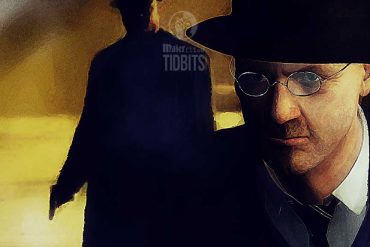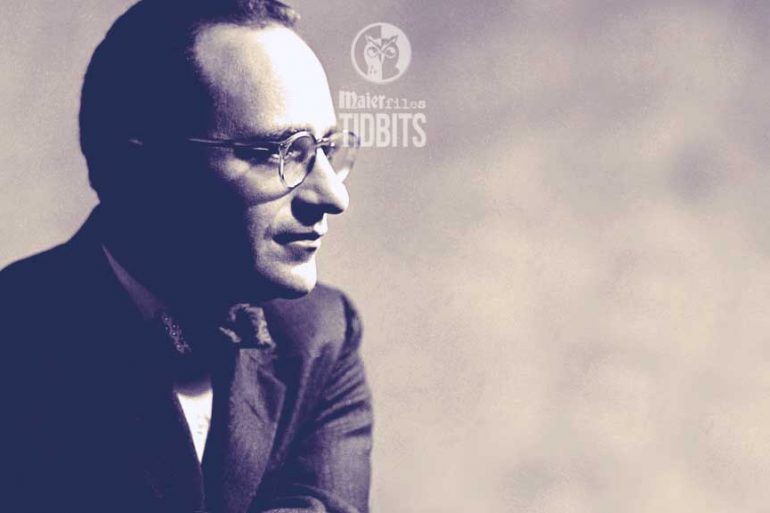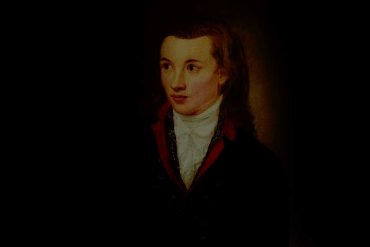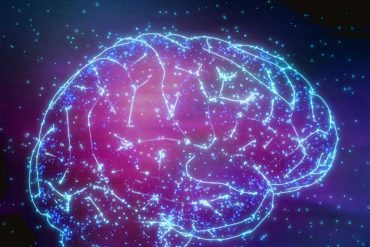Reveries on the search for Veritas … It is really crystal clear that the concept of dangerous truths has, for a very long time, been widespread, not to say a cliché. A little bit of knowledge is a dangerous thing. Curiosity killed the cat. Ignorance is bliss. What you don’t know won’t hurt you. On a much deeper level, one need simply reflect on the story of the Tree of Knowledge and the Tower of...
Philosophy
Everything on philosophy related to Maier files series. Posts and Thoughts examining existence, change, properties, space, time, causality, and possibility.
Gelegentlich ergreifen wir die Feder and schreiben Zeichen auf ein weisses Blatt, Die sagen dies and das, es kennt sie jeder, Es ist ein Spiel, das seine Regeln hat. —Hermann Hesse. Das Glasperlenspiel From time to time we take our pen in hand and scribble symbols on a blank white sheet. Their meaning is at everyone’s command; It is a game whose rules are nice and neat. —Hermann Hesse, The Glass Bead Game, When Hermann...
Ulva Naumann stated in Maier files: “Knowing Ultimate Truth is only possible when you’re able to embrace paradox.” Your logical mind may find this impossible, but life itself has no problem in being paradoxical regardless. Good fortune always seems to bring happiness, but deceives you with her smiles, whereas bad fortune is always truthful because by changing she shows her true fickleness. Good fortune deceives, but bad fortune enlightens. Dualists hate paradox but in the...
Paradoxes appear in all shapes and forms. Certain are uncomplicated paradoxes of reasoning with minimal potential for investigation, while others sit atop icebergs of full scale scientific disciplines. Many may be solved by mindful consideration of their hidden assumptions, one or more of them could be faulty. These, strictly stating, really should not be referred to as paradoxes at all, because as soon as a puzzle is solved it stops to be a paradox. “One...
In almost all myths all over the world the same theme reoccurs. The twelve knights, twelve tribes, twelve heroes etc. In his last and longest dialogue (Laws), Plato teaches: There are twelve feasts to the twelve Gods who give their names to the twelve tribes. Also in early christianity, the image of twelve disciples with the Godman figure at their center echoes the twelve constellations which revolve in the heavens around the pole star. Are...
The problem of consciousness, alternatively put, is the problem of finding out how mental phenomena, such as thoughts and feelings, are related to physical occurrences in brains. This way of stating the problem assumes that some such relation exists, an assumption not always made in the history of philosophy. Since Descartes the debate has become more sophisticated, and in our own time the use of scanning devices to monitor living brain activity has enormously advanced...
When following Otto Maier’s path one will meet somewhere on his/her road, Böhme. Like the contemporary student of the inner world, alchemists were concerned about differentiating imagination from fantasy. They were aware that true imagination possesses a power and depth that fantasy does not possess. Jakob Boehme was one of those who warned against the delusions of fantasy. Struggle for redemption Böhme was a mystic. Although not a practicing alchemist, he used the terminology and symbols...
The Decline of the West (German: Der Untergang des Abendlandes), or The Downfall of the Occident, is a two-volume work by Oswald Spengler, the first volume of which was published in the summer of 1918. Spengler revised this volume in 1922 and published the second volume, subtitled Perspectives of World History, in 1923. Spengler urges a new understanding of the world. In this work of historical philosophy, which was written mostly before World War I,...













